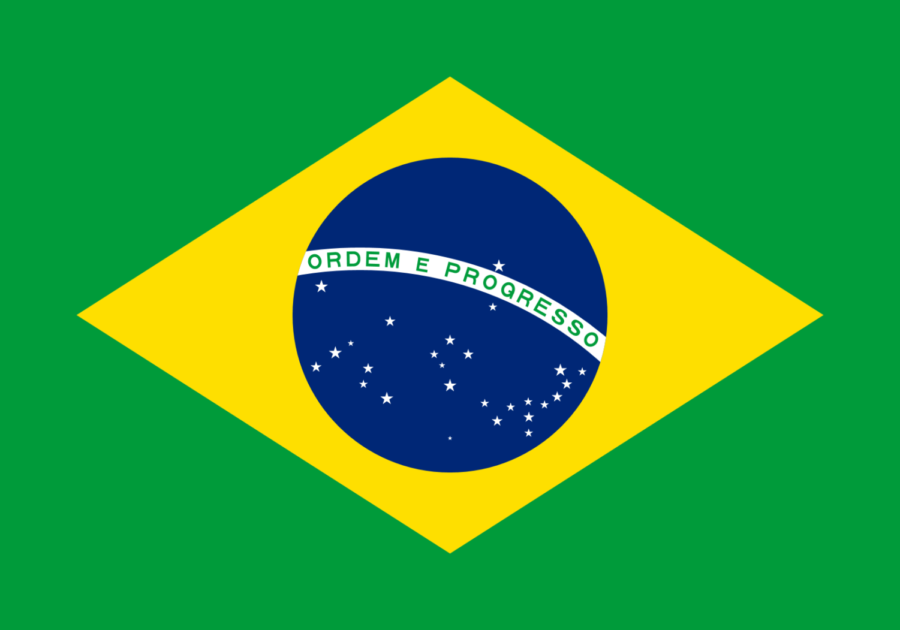2022 Brazil Presidential Election struggles through misinformation
November 4, 2022
With social media being the main source of news for many these days, it is important that the news being fed to users is correct. But how can platforms regulate the astronomical amount of content that is uploaded by users daily and on a global scale?
The 2022 Brazil presidential election came to a close on Oct. 31 where former President Luiz Inácio Lula da Silva won against the incumbent Jair Bolsonaro. This article will describe the impact that misinformation in the media has had on the presidential election in Brazil and call on brands and governments to work towards a safer media ecosystem.
Leading up to the first round of voting on Oct. 2, a major concern on the use of the media to spread false information has been brought to light. Washington Post explains that both parties and their supporters have used major platforms like Meta and TikTok to garner support and lead support away from their opponents.
Brazilian political candidates were also able to legally run advertising across Meta and Google leading up to the election. Search terms across major platforms were leading users to largely misinformed content relating largely to election fraud and allegations about candidates. The Washington Post compares what is happening in Brazil to the U.S. 2020 Presidential election and the Jan. 6 riot that followed. Political groups have been able to use social media to plan interventions and coups.
Following Bolsonaro’s loss in the second round of voting on Oct. 30, we have already seen these conversations spark action. CNN covers Bolsonaro’s supporters blocking highways and talking of potential military intervention.
It is imperative that brands continue to take accountability for the impact that it can have on users, but who else? The Brazilian government needs to ensure that Brazil’s voters have all the honest information present about candidates in order to make an informed voting decision, as free from bias as possible.
It can be difficult as an individual to identify what is true and what is not in the news, and government leaders should play a role in ensuring that opinions spread online by political leaders do not counter fact or undermine the legitimacy of government processes. Tribunal Superior Eleitoral has been able to grant Minister Alexandre de Moraes the power to order platforms to remove dangerous content and misinformation, says Bloomberg.
The webs of politics and social media have only gotten more and more intertwined and tangled as the years go on. Bloomberg explains that the problem goes much farther than one or two platforms. Politics is seeping its way into the top platforms while also the most unregulated parts of the internet, including video and messaging apps like Gettr, Rumble and Telegram.
Bloomberg raises an important point: as users see more regulatory measures taken on their content, what is stopping them from shifting to other platforms that do not impose the same restrictions? Yes, major platforms like TikTok or Meta might have a much larger reach than platforms like Gettr or Telegram. But if political groups were able to develop a following from those top brands before restrictions were imposed, then it might be easy to direct that support onto a different platform.
Just as fast as social media can expose the most dangerous and misinformed ideas, it can also show the most valuable ones. This where the double-edged sword is applicable. We have seen how easy it is for people to spread misinformation and create mass support for malicious agendas, but platforms also have shown to bring people together in the best of ways.
Social media has created a global meeting place for communities to grow, to raise awareness for social justice issues across the world. How can we maximize the good aspects of these platforms and mitigate the bad?
Platforms need to stay accountable for the ideas that spread across the communities they house and need to draw a line between having a broad range of perspectives and allowing dangerous conversations to take place. They need to enforce consequences for users spreading dangerous misinformation. A double-edged sword sits at the head of a two-way street. Platforms need to be serving its users just as much as users serve them.























Jacqueline Parkes • Nov 4, 2022 at 1:38 pm
Really great article highlighting perhaps the biggest concern we have right now — what is real news?